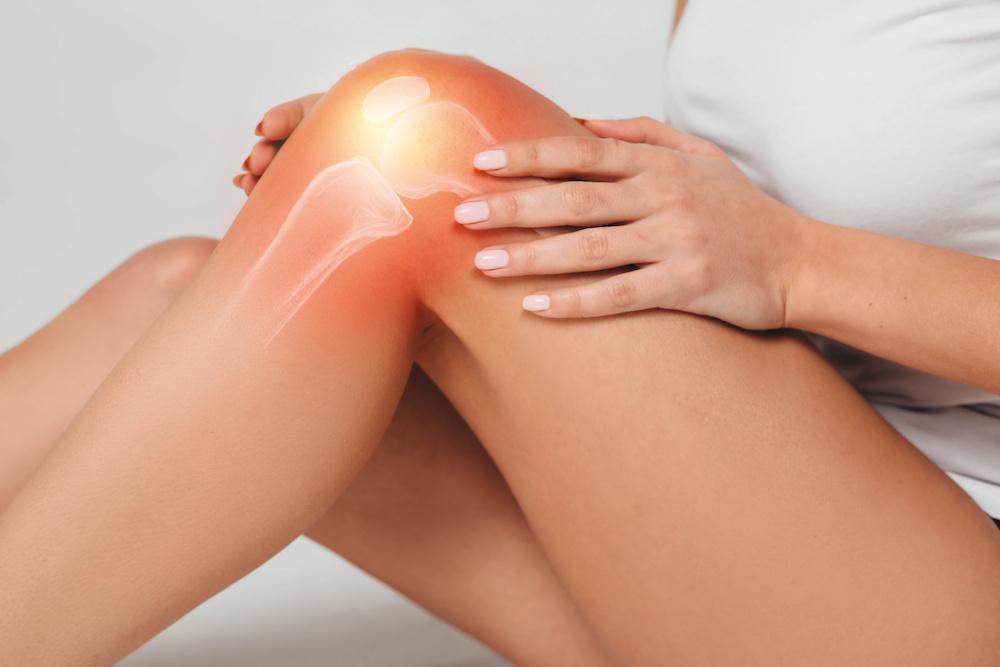Knee Pain Relief – Uncover Strategies for Comfort and Mobility
Knee pain can be a debilitating condition that significantly impacts daily life, limiting mobility and causing discomfort. Fortunately, there are various strategies to alleviate knee pain and enhance comfort, ultimately promoting better mobility. One key aspect of managing knee pain is understanding its root cause. Whether it is due to arthritis, injury, or overuse, pinpointing the source allows for targeted treatment. For those with arthritis, low-impact exercises like swimming or cycling can help maintain joint flexibility and reduce pain. Strengthening the muscles surrounding the knee through targeted exercises, such as leg lifts and squats, can also provide support and stability. Incorporating anti-inflammatory foods into the diet, such as fatty fish, turmeric, and ginger, may contribute to reducing inflammation and easing pain. In addition to exercise and nutrition, proper footwear plays a crucial role in knee pain relief. Wearing supportive shoes with cushioning and shock absorption can alleviate stress on the knees during daily activities and exercise.

Custom orthotic inserts may offer further support and alignment, catering to individual foot mechanics. Maintaining a healthy weight is another integral component of knee pain management. Excess body weight places additional strain on the knees, exacerbating pain and limiting mobility. Adopting a balanced and nutritious diet, coupled with regular exercise, can contribute to weight management and overall joint health. Physical therapy is a valuable resource for individuals seeking knee pain relief. A skilled therapist can design a personalized exercise regimen to address specific weaknesses or imbalances, improving overall joint function. Techniques such as massage and joint mobilization may also be incorporated to reduce stiffness and enhance flexibility. In some cases, modalities like heat or cold therapy can provide temporary relief from acute pain and inflammation. For those dealing with chronic knee conditions, medications and injections prescribed by a healthcare professional may be necessary. No steroidal anti-inflammatory drugs (NSAIDs) can help manage pain and inflammation, while corticosteroid injections may offer targeted relief for more severe cases.
However, it is crucial to use medications under the guidance of a healthcare provider, as prolonged or improper use can have adverse effects in Knee Pain Relief. In extreme cases where conservative measures prove ineffective, surgical intervention may be considered. Procedures such as arthroscopy or knee replacement aim to repair damaged structures or replace the entire joint, providing long-term relief and improved functionality. However, surgery is typically reserved for cases where other interventions have been exhausted. In conclusion, a multifaceted approach is key to knee pain relief. Understanding the underlying cause, incorporating targeted exercises, maintaining a healthy lifestyle, and seeking professional guidance are all integral components of a comprehensive strategy. By adopting these measures, individuals can not only alleviate knee pain but also enhance overall mobility and regain a better quality of life. Always consult with a healthcare professional for personalized advice and treatment options tailored to individual needs.
